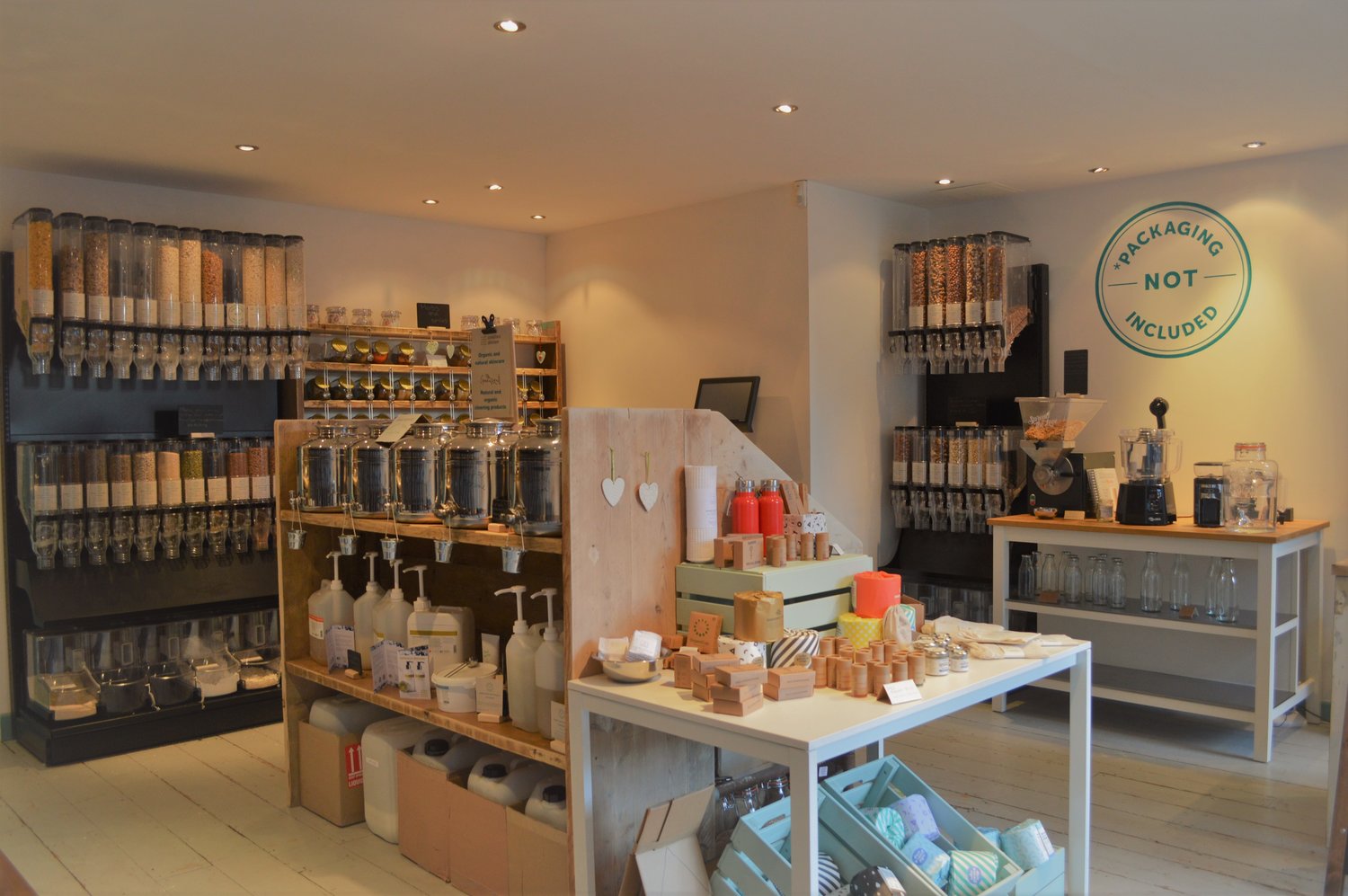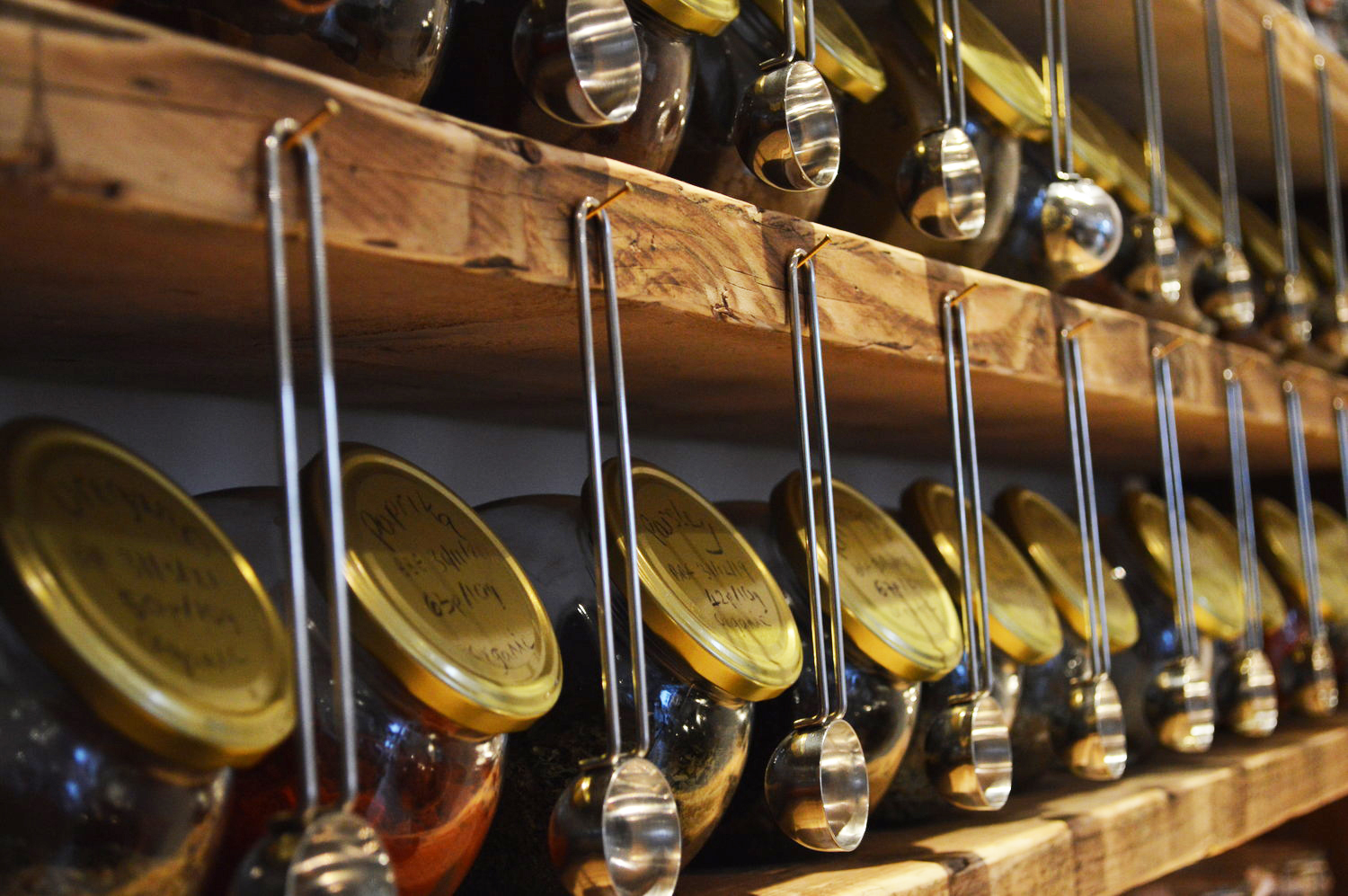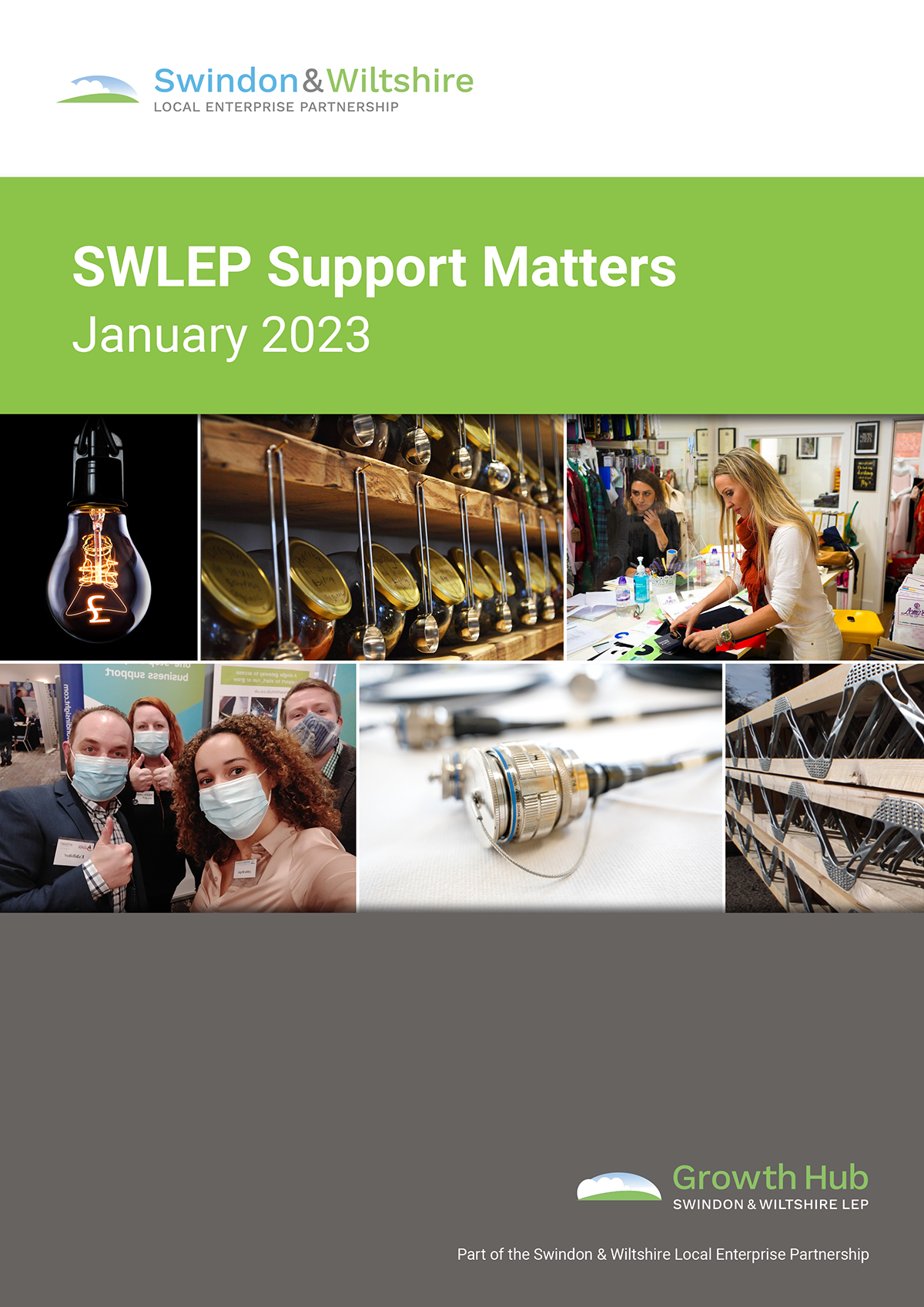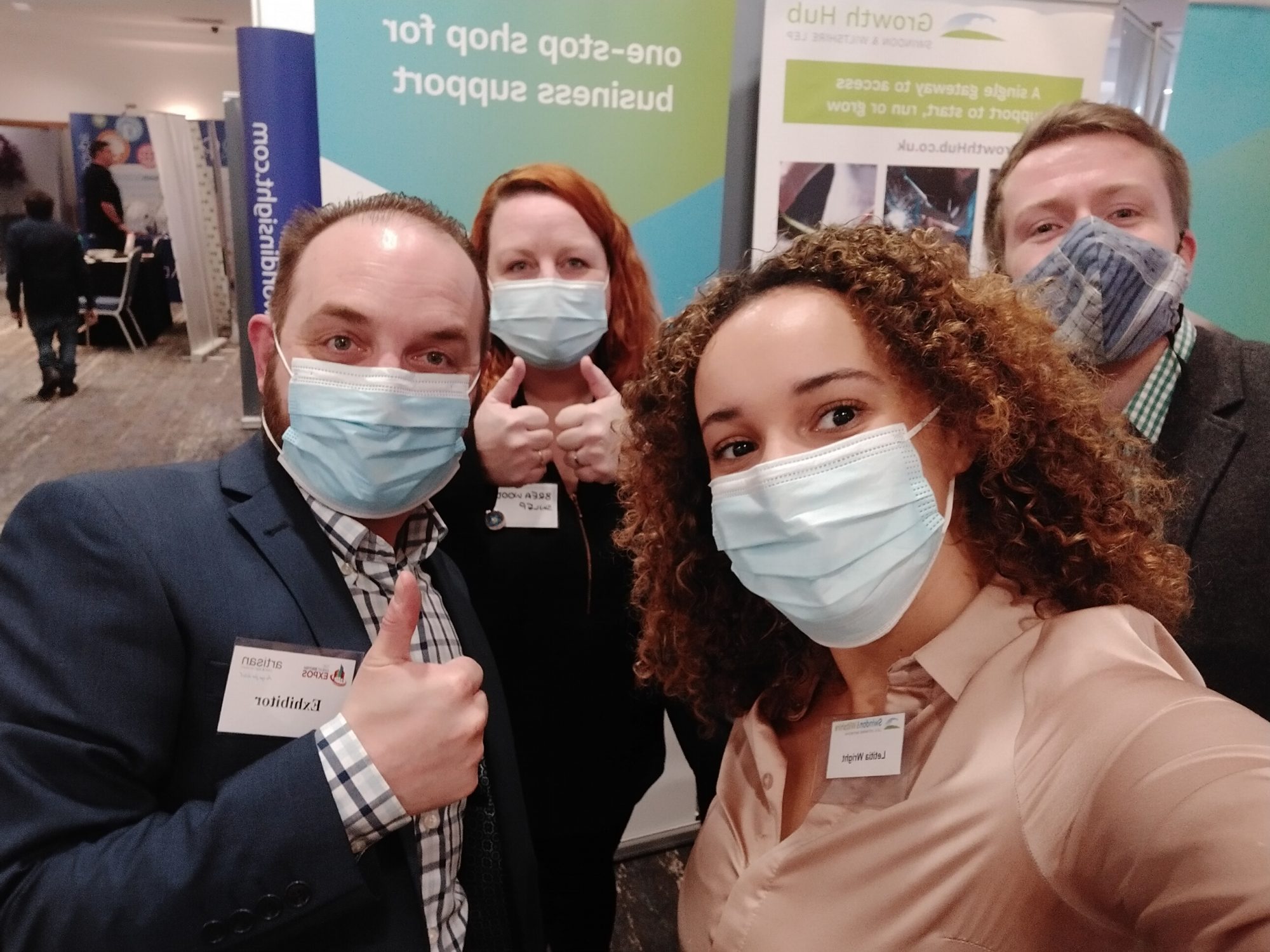A year in review: An overview of the Swindon and Wiltshire Economy in 2021
- Population 727,000 living in Swindon and Wiltshire 60% working age (16-64).
- Slightly higher levels of employment than UK average 79% vs UK av. 75% but 1% fewer in full-time jobs (76% compared to 77% in the UK)
- High level of self-containment with 80% of residents living and working within Swindon and Wiltshire
- On average Swindon and Wiltshire residents earn around £30,500 per annum, £800 less than UK average
- Women earn on average £25 less per week than the UK average and men £12 less per week
- 30,000 businesses across Swindon and Wiltshire in 2020
- In 2021, there were 29,000 businesses across Swindon and Wiltshire
- In December 2021, unemployment stood at 3%, lower than the UK average of 4%
Conditions have continued to be tough for business but there has been a real sense of togetherness with all our region’s business support organisations continuing to work collectively for the area’s success.

About the Swindon and Wiltshire Growth Hub:
The Swindon and Wiltshire Growth Hub is an integral part of the Swindon and Wiltshire Local Enterprise Partnership
The SWLEP was established in July 2011 by the central Government as a private sector-led partnership between local businesses, Swindon Borough Council, Wiltshire Council the military and the education sector.
In January 2019, SWLEP was incorporated as a company limited by guarantee with the objective of bringing about sustainable economic growth.
The company continues to play a central role in determining local economic priorities and undertaking activities to drive inclusive economic growth, working closely with Swindon Borough Council and Wiltshire Council alongside a wide range of local private sector organisations and the military.
The SWLEP is able to access Government funding to channel investment into the area and in particular to support its strategic objectives in skills and talent (people), infrastructure, place, business environment and ideas.
Swindon and Wiltshire offer a highly competitive economy, ranked 12th out of the 38 Local Enterprise Partnerships in England.
By 2036, the SWLEP wants the area to be renowned for innovation, entrepreneurialism and great quality of life. The Swindon and Wiltshire Growth Hub support that aim, providing fully funded (free) advice, guidance and brokerage with direct delivery, supporting businesses from pre-start to scale-up.
The key support it provides includes:
- Starting your business
- Get your business idea off the ground with a range of advice and resources available
- Growing your business
- Scale-up support
- Funding and finance
- Understanding and accessing finance and growth funds
- Digital Capability
- Helping businesses develop their digital skills and digital offering
- Skills support
- Free and impartial practical advice and support
- Innovation and technology
- Support on how to maximise the effectiveness of technology in your business
- Marketing and sales
- Methods for creating need and immediacy
- Tax and compliance
- Ensuring your business operates legally and fairly
- Sustainable business
- Providing tools and support to help your business become more environmentally conscious and reduce its carbon emissions
- Strategy
- Helping you to identify and build your differentiating business capabilities
- New product development
- Support to help you move from concept to customer
- Import and export
- Advice and guidance including helping businesses navigate the UK’s exit from the European Union
- Coronavirus advice
- Up to date news, advice and funding support.
Growth Hub Priorities and Objectives 2021/22
With the pandemic still at large moving into the financial year 2021/22, a key focus of the Swindon and Wiltshire Growth Hub remained to be the conduit between the SME business community and Local Authorities (LAs) in providing information, advice, guidance and brokerage around eligibility and access to grant funding. This also worked in reverse, with LAs referring to the Growth Hub for businesses in need of further support.
Working individually and in partnership, the Growth Hub delivered comprehensive support to over 2,200 businesses, leveraging European Regional Development Fund (ERDF) funded projects also to ensure high value and a joined- up approach to working. Staple areas of business support delivered included access to finance, digital capability, green economy and skills, with specialist support carried out in partnership with carefully chosen organisations. Areas covered throughout the year include carbon emissions reduction, data solutions, cyber security and health and well-being – specifically relating to managing change.
Business support has been delivered in both digital/ virtual and physical environments, combining one-to-one sessions, webinars and workshops.
The Growth Hub team started the year firmly home-based but as restrictions lifted and more freedom afforded in the workplace, towards the end of this financial year staff started to return to the office with the SWLEP operating a hybrid working arrangement.
The team enjoyed being able to get out into the community towards the end of the year, attending in-person events and business shows. Conditions have continued to be tough for business but there has been a real sense of togetherness with all our region’s business support organisations continuing to work collectively for the area’s success.
As the financial year came to an end, concerns about the rise in the cost of living and the conflict in Ukraine dominated the headlines. Data insight specialists Maru/ Blue conducted a national business survey which reported the top issues keeping small business owners awake at night.
Top issues keeping small business owners awake at night:
- Prospect of Ukraine crisis turning into a European war: 22%
- Impact of Ukraine crisis on fuel crisis and cost of living: 19%
- Retaining business: 19%
- Recruitment: 16%
- Managing cash flow: 15%
This research was conducted by Maru/Blue among a representative sample of 272 small business decision-makers between 5th-7th March 2022

Case Study: Exeat: a start-up tale
English haute courtwear for tennis goddesses
EXEAT is a luxury, sustainable tennis apparel brand for women, launched by Wiltshire entrepreneur and tennis enthusiast Laura Ward.
Laura saw a niche in the market for chic, fashion-led tennis attire with beautifully cut, flattering items made from sustainable fabrics.
Here she shares how the Swindon and Wiltshire Growth Hub has supported EXEAT’s start-up journey and the company’s challenges and successes over the past year.
Game Set Match

I discovered the Growth Hub through Wiltshire Council. Since then, I have attended at least 20 of the fantastic online training sessions covering everything from leadership skills and trading post- Brexit to sustainability. Each session has been incredibly high quality and I came away with a plethora of knowledge to put into play within the business.
The operational sessions around team management and leadership were brilliant in helping us to define our vision and get the broader team enthused and passionate about it.
EXEAT is now the UK’s most exported luxury, sustainable tennis brand and fundamentally a Growth Hub session around business strategy enabled us to develop a much tighter global positioning for the brand. In turn, this helped us break into the American market at speed and scale. The US is now responsible for 60% of our revenues.
Through the Growth Hub we have also met with other business owners in similar areas with whom we were able to share knowledge and grow our contacts. For instance, being connected to a tremendous freight forwarder has transformed our operation in mainland Europe.

Pandemic Challenges: Break Point
The pandemic periodically destroyed our supply chain, as all our factories shut. This meant we faced six months of delays in manufacturing for both our fabric and our garments. This baptism of fire taught us resilience and ingenuity and having weathered the storm, we’re now stronger and better as a business.
Despite the challenges, there was one major silver lining for EXEAT. During Covid, tennis was one of the only sports people were allowed to play. This created 30 million new players globally turning tennis into the fastest-growing sport in the world which has exponentially benefitted us as a business. The world caught the tennis bug!
Bouncing Back
As a British business owner who trades internationally on being an ‘English tennis brand’ it didn’t feel authentic to me that EXEAT’s manufacturing was being done overseas. In 2021, we made the decision to relocate our entire production from Portugal to the UK. Only 10% of British fashion brands actually manufacture in the UK as it’s cheaper to do so abroad. It’s been difficult and expensive but utterly worth it.
You can’t beat the sense of pride seeing international customers experiencing the quality of a British-made product and that EXEAT is supporting the UK economy. I hope our move back home acts as a blueprint for other British fashion brands to follow and that Britain will once again become a major hub for fashion manufacturing.

Smashing it
Our biggest achievement in the last year has been successfully breaking EXEAT into the North American market and being appointed an Export Champion by The Department for International Trade in recognition of EXEAT’s fast international growth.
Exporting is the life force of our brand, responsible for 80% of our revenues. I can’t encourage other businesses strongly enough to think internationally and get exporting.
Holding Court
Looking ahead our aim is to maintain EXEAT’s position in the top 1% of sustainable fashion brands globally, thanks to our pioneering sustainable fabric and award-winning factories. We will continue to innovate and this coming year we’re investing in some hugely exciting emerging eco-technologies around fabric, cotton and water reduction which will future- proof our supply chain. Green is the future of fashion!

Going Green
Over 40 SMEs have benefited from direct Growth Hub support in the last year to help reach Net Zero targets, from accessing advice on how to reduce carbon emissions to guidance on implementing a green business strategy.
This support was delivered in a combination of ways from one-to-one sessions to workshops, which helped businesses understand their overall carbon footprint and develop a plan to lower their emissions.
Tailored sessions were provided by Growth Hub partner Carbon Lens, local experts in providing carbon and cost-saving solutions.
Watch the Going Green webinars on demand, click on the following links:
In January 2022, the Growth Hub as part of the Swindon and Wiltshire Local Enterprise Partnership, decided to lead by example and signed up to the United Nations and UK Government endorsed SME Climate Hub Commitment. It sets out an aim to reduce carbon emissions by 50% by 2030 and to be carbon neutral by 2050.
To find out more and to join the thousands of businesses tackling climate change visit: www.businessclimatehub.org/uk/ to pledge your support.
Case study 2
Packaging Not Included: A tale of sustainability
Packaging Not Included is part of a new wave of supermarkets with an aim to end excess packaging and minimise the impact of consumer habits.

The shop essentially acts as a refill station. Customers visit the store, choose their desired products and either bring their own containers to fill or use the paper bags provided.
Packaging Not Included’s stock list includes flours and sugars, pastas and grains, dried fruit and chocolates, nuts and seeds, herbs and cereals, beans and pulses, spices and coffee, as well as eco-friendly household cleaning and personal care products.
All the store’s produce is organic, ethically produced and responsibly transported encouraging people to think more about where their food is from and how far it has travelled.

Founder Hayley Lambert shares her start-up journey
Before setting up Packaging Not Included, I was a saxophone teacher. My passions for organic food, sustainability, a healthy lifestyle and the need to reduce our impact on the environment came together to inspire me to open a zero-waste shop. Everything sold in our store has an organic or fairtrade focus, and foods are traceable from farm to fork. It is important to us to know exactly where our food is coming from and that it hasn’t been air freighted. Many of our products travel less than 20 miles. We sell eggs from Purton House Organics, honey from Wiltshire Bee Centre and rapeseed oil from local firm Gears’ Oil.
Practising what we preach
As a business concerned with the green agenda, it was important for us to embrace sustainability in all areas of our work, assessing our impact on the environment and striving for continual improvement.

I received support from the Growth Hub around this and attended a Growing Your Green Strategy workshop. I found out Packaging Not Included qualified for some fully funded support hours through the Growth Hub with local carbon management experts, Carbon Lens, who carried out an audit of our carbon emissions, assessing our use of Scope 1 and 2 emissions which include business electricity, purchase choices, commuting and waste. As a direct result we have implemented the following changes:
-
- Upgraded the shop’s lighting to LED
- Switched to green energy and installed energy-efficient appliances
- Challenged suppliers about packaging that we are unhappy with
- Reduced the frequency of our deliveries that have to travel further
- Changed policy to ensure we buy in the largest quantities that we can manage in terms of storage and preventing food waste
- Signed up to the United Nations Climate Neutral Now initiative and achieved the Climate Neutral Now badge – This is a great thing to share with customers to tell the story of what we are doing as a business to reduce our impact.
Embracing digital
I’ve watched a number of the Growth Hub’s recorded webinars including one on crowdfunding which was very useful. I was considering crowdfunding to move to bigger premises, but those plans are on hold at the moment.
Through the Growth Hub, I also accessed a free digital consultation which helped me to improve traffic from Google searches to my website.
Pandemic bites
I think that the whole green movement has been set back by the pandemic and pushed down the agenda. There seems to be a new acceptance of plastic packaging, when pre- pandemic, there was a real push towards reducing single use packaging and take away cups. We had to switch to click and collect in the first lockdown which was incredibly labour- intensive. We were working more hours for far less profit. We have definitely lost customers who got out of the habit of refill shopping and have generally had lower footfall. We are very lucky that we have a core of loyal and lovely customers and we have seen new people coming to the shop over the last six months. There is sometimes an assumption that refill shopping will be expensive, but we’re actually cheaper than the supermarket on lots of products.
The conditions post pandemic are continuing to be a challenge with the cost of living increase impacting people’s buying behaviours. Our aim in the coming year is to keep supporting our customers and the community through working with small, local, ethical makers and growers and giving back through free talks, food bank donations, charity collections and community fridge donations.
Green dreams
Our future plan is to keep expanding our product range based on what our customers would like to see. I plan to organise a ‘Great Big Green Week’ (Climate Coalition initiative) in Marlborough in collaboration with the community, including the local independent cinema. I would also like to start some ‘Sustainable Social’ evenings and design a Carbon Literacy course. These things might encourage new people into the shop, but importantly, they will hopefully help to inspire people to make changes towards a greener, lower carbon life and empower them to push for changes that they would like to see, whether that’s in their child’s school, at work or writing to their MP. It’s really exciting to be a green business at the moment, we need everyone on board with carbon reduction.
To read and download the full eBook ‘Swindon & Wiltshire Local Enterprise Partnership support matters‘ click here




